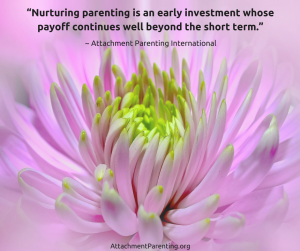There’s a lot of talk about family and personal stress during this worldwide COVID-19 pandemic, but stress is hardly a recent development. Neither are the roots of resiliency that some people tend to have.
 Scientist-turned-journalist Madhumita Murgia created a TED-Ed short film back in 2015 to illustrate what exactly happens to the brain on stress and how to mitigate this multi-lifetime effect.
Scientist-turned-journalist Madhumita Murgia created a TED-Ed short film back in 2015 to illustrate what exactly happens to the brain on stress and how to mitigate this multi-lifetime effect.
“How Chronic Stress Affects Your Brain” is available for public viewing at no cost. Some highlights:
- Stress isn’t always a bad thing, unless you’re feeling regularly stressed-out
- This chronic stress changes how our body’s systems work, including our brains…even shrinking certain brain regions while enlarging the brain’s fear center
Related: What happens to the brain when we ‘lose it’
- These effects lead to it being harder to learn and remember things and control anxiety, and has been linked to eventual depression and Alzheimer’s dementia
- Stress is inevitable in our modern lifestyles, but there are certain coping skills linked to greater resiliency including exercise and mindfulness
Related: Mindful parenting with Inga Bohnekamp
- What’s parenting have to do with this? Turns out, parenting style changes how our genes are expressed…nurturing parenting sets up children for a lifetime of resiliency, negligent parenting sets up children for a lifetime of more susceptibility to stress’s effects
Related: ACEs too high with Jane Stevens
 And these changes to our children’s genes are heritable, meaning that not only can we change the trajectory of our family tree by shifting to a nurturing parenting style but also that our children’s children and grandchildren benefit from this choice
And these changes to our children’s genes are heritable, meaning that not only can we change the trajectory of our family tree by shifting to a nurturing parenting style but also that our children’s children and grandchildren benefit from this choice
Related: For better or worse, parenting changes your child’s DNA
Curious as to what nurturing parenting looks like? Check out API’s approach.
